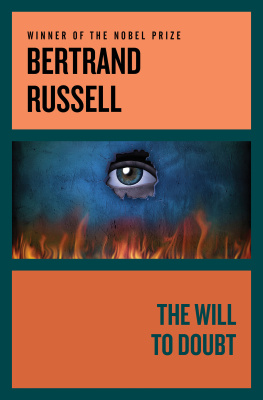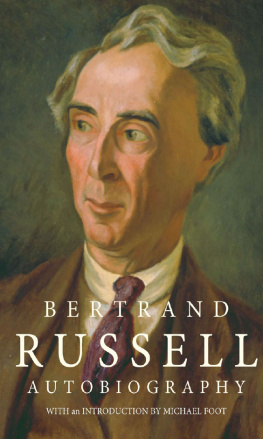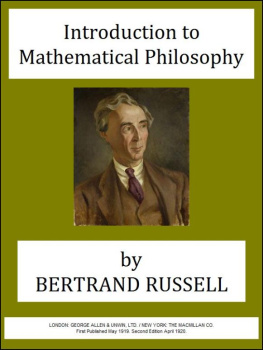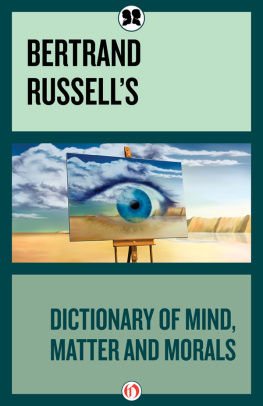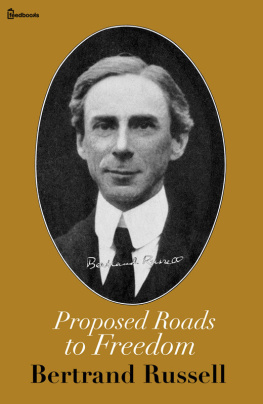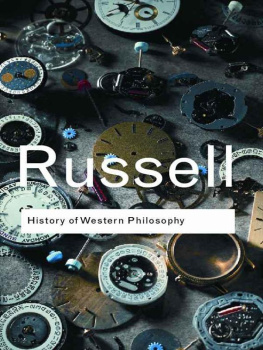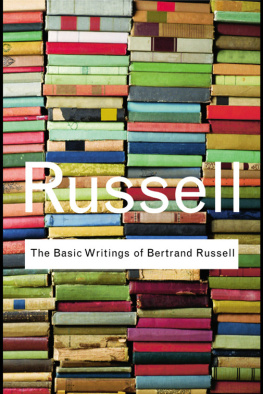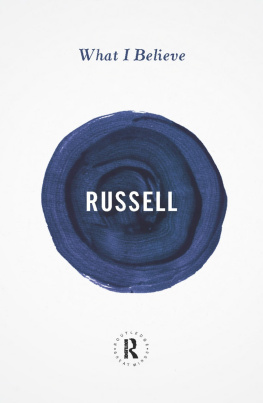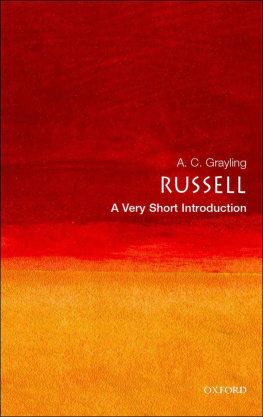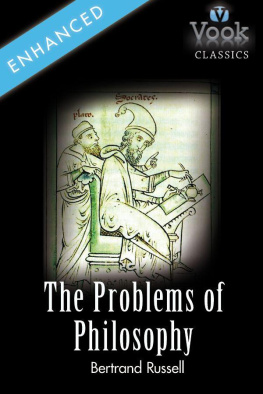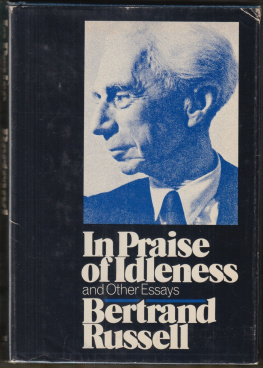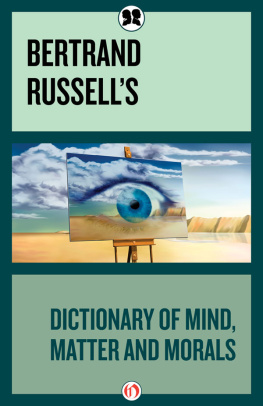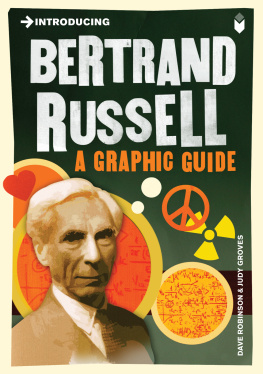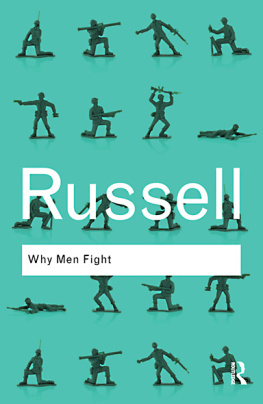
EARLY BIRD BOOKS
FRESH EBOOK DEALS, DELIVERED DAILY
LOVE TO READ ?
LOVE GREAT SALES ?
GET FANTASTIC DEALS ON BESTSELLING EBOOKS
DELIVERED TO YOUR INBOX EVERY DAY!

BERTRAND RUSSELL
FROM PHILOSOPHICAL LIBRARY
AND OPEN ROAD MEDIA
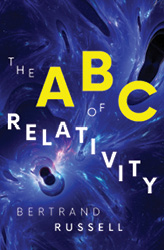
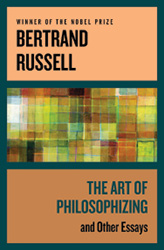
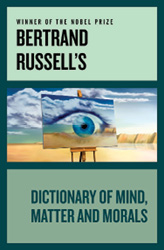
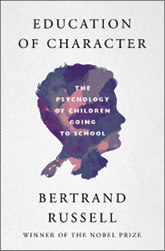
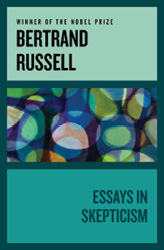
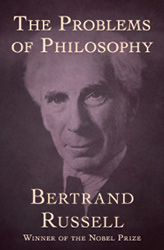
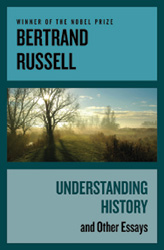
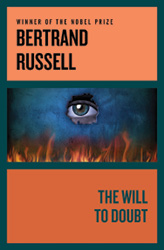



Find a full list of our authors and
titles at www.openroadmedia.com
FOLLOW US
@OpenRoadMedia



The Will to Doubt
Bertrand Russell

Contents
CAN MEN BE RATIONAL?
I am in the habit of thinking of myself as a Rationalist; and a Rationalist, I suppose, must be one who wishes men to be rational. But in these days rationality has received many hard knocks, so that it is difficult to know what one means by it, or whether, if that were known, it is something which human beings can achieve. The question of the definition of rationality has two sides, theoretical and practical: what is a rational opinion? and what is rational conduct? Pragmatism emphasizes the irrationality of opinion, and psycho-analysis emphasizes the irrationality of conduct. Both have led many people to the view that there is no such thing as an ideal rationality to which opinion and conduct might with advantage conform. It would seem to follow that, if you and I hold different opinions, it is useless to appeal to argument, or to seek the arbitrament of an impartial outsider; there is nothing for us to do but fight it out, by the methods of rhetoric, advertisement, or warfare, according to the degree of our financial and military strength. I believe such an outlook to be very dangerous, and in the long run, fatal to civilization. I shall, therefore, endeavour to show that the ideal of rationality remains unaffected by the ideas that have been thought fatal to it, and that it retains all the importance it was formerly believed to have as a guide to thought and life.
To begin with rationality in opinion: I should define it merely as the habit of taking account of all relevant evidence in arriving at a belief. Where certainty is unattainable, a rational man will give most weight to the most probable opinion, while retaining others, which have an appreciable probability, in his mind as hypotheses which subsequent evidence may show to be preferable. This, of course, assumes that it is possible in many cases to ascertain facts and probabilities by an objective methodi.e., a method which will lead any two careful people to the same result. This is often questioned. It is said by many that the only function of intellect is to facilitate the satisfaction of the individuals desires and needs. The Plebs Text-Books Committee, in their Outline of Psychology (p. 68), say: The intellect is above all things an instrument of partiality. Its function is to secure that those actions which are beneficial to the individual or the species shall be performed, and that those actions which are less beneficial shall be inhibited. (Italics in the original.)
But the same authors, in the same book (p. 123), state, again in italics: The faith of the Marxian differs profoundly from religious faith: the latter is based only on desire and tradition; the former is grounded on the scientific analysis of objective reality. This seems inconsistent with what they say about the intellect, unless, indeed, they mean to suggest that it is not intellect which has led them to adopt the Marxian faith. In any case, since they admit that scientific analysis of objective reality is possible, they must admit that it is possible to have opinions which are rational in an objective sense.
More erudite authors who advocate an irrationalist point of view, such as the pragmatist philosophers, are not to be caught out so easily. They maintain that there is no such thing as objective fact to which our opinions must conform if they are to be true. For them opinions are merely weapons in the struggle for existence, and those which help a man to survive are to be called true. This view was prevalent in Japan in the sixth century A.D ., when Buddhism first reached that country. The Government, being in doubt as to the truth of the new religion, ordered one of the courtiers to adopt it experimentally; if he prospered more than the others, the religion was to be adopted universally. This is the method (with modifications to suit modern times) which the pragmatists advocate in regard to all religious controversies.
In spite of the pragmatists definition of truth, however, he has always, in ordinary life, a quite different standard for the less refined questions which arise in practical affairs. A pragmatist on a jury in a murder case will weigh the evidence exactly as any other man will, whereas if he adopted his professed criterion he ought to consider whom among the population it would be most profitable to hang. That man would be, by definition, guilty of the murder, since belief in his guilt would be more useful, and therefore more true, than belief in the guilt of anyone else. I am afraid such practical pragmatism does sometimes occur; I have heard of frame-ups in Russia which answered to this description. But in such cases all possible efforts after concealment are made, and if they fail there is a scandal. This effort after concealment shows that even policemen believe in objective truth in the case of a criminal trial. It is this kind of objective trutha very mundane and pedestrian affairthat is sought in science. It is this kind also that is sought in religion so long as people hope to find it. It is only when people have given up the hope of proving that religion is true in a straightforward sense that they set to work to prove that it is true in some newfangled sense. It may be laid down broadly that irrationalism, i.e. disbelief in objective fact, arises almost always from the desire to assert something for which there is no evidence, or to deny something for which there is very good evidence. But the belief in objective fact always persists as regards particular practical questions, such as investments or engaging servants. And if fact can be made the test of the truth of our beliefs anywhere, it should be the test everywhere, leading to agnosticism wherever it cannot be applied.
Next page
